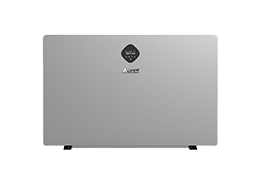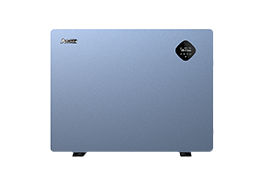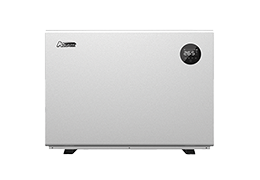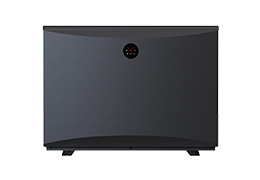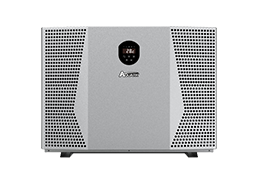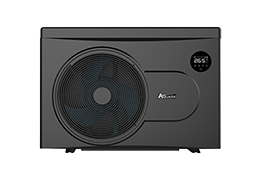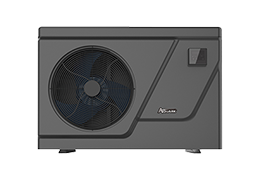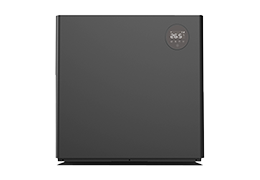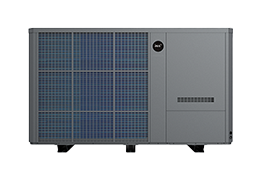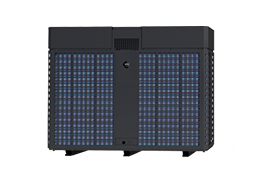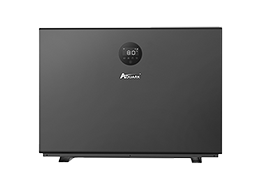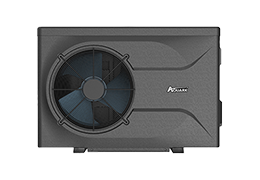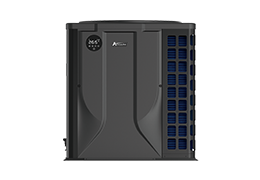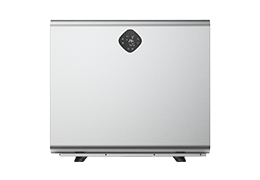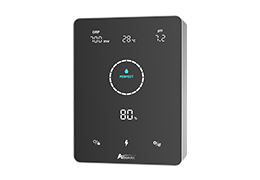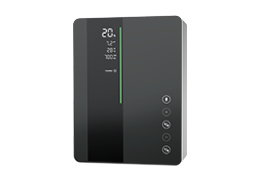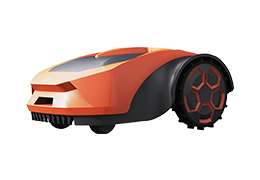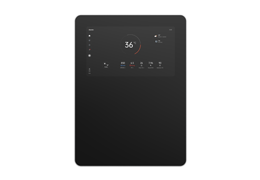We often hear inverter pool heat pumps and ON/OFF HPs, but have you ever heard about this?
How does the ON/OFF HP work?
The ON/OFF HP is heated or cooled by controlling the operation of the compressor (in short, turning the compressor on or off). Since the power supply frequency cannot be changed, the compressor speed of the ON/OFF HP will not change substantially. When the temperature reaches the set temperature, the compressor stops working, and vice versa. It relies on constantly “on and off” compressors to adjust the temperature. It is so easy to cause the water temperature to be unstable, which is hot and cold, and consumes more electricity. Frequent start-up also has an effect on the life of the compressor.
How does the inverter pool heat pump work?
The inverter pool heat pump adjusts the compressor and the fan power supply frequency according to different water temperature environments to achieve stepless speed regulation. So that it can use the energy reasonably while doing the work efficiently. The inverter pool heat pump has a lower current when the system is started. It does not impact the grid and can reduce interference with other appliances in use indoors. The wider the frequency variation range, the more it can run without stopping in most working conditions, and the energy saving advantage is also obvious.
Regarding the difference between the inverter pool heat pump and the fixed frequency pool heat pump, do you get it now?
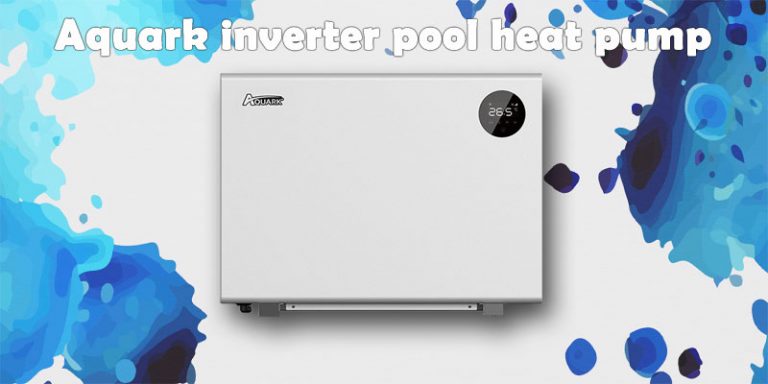
Aquark is one of the brands that focus on inverter pool heat pumps. Mr. Silence inverter pool heat pump can adjust the operating frequency of the heat pump compressor according to the different needs of the pool water temperature. At high frequencies, heating is fast, but electricity is charged; at low frequencies, the heating rate is slowed, but power is saved. This will be your wise choice.


